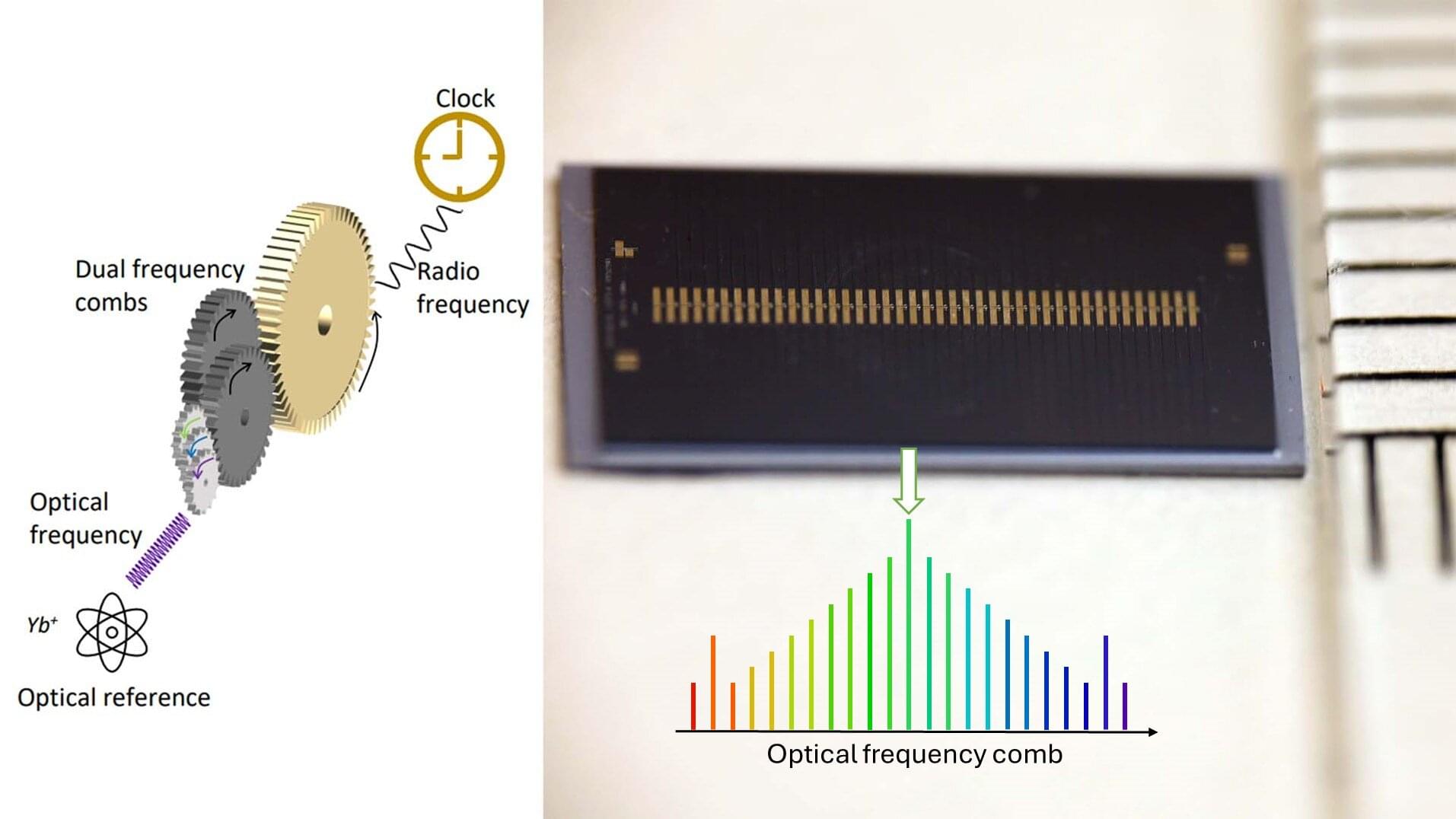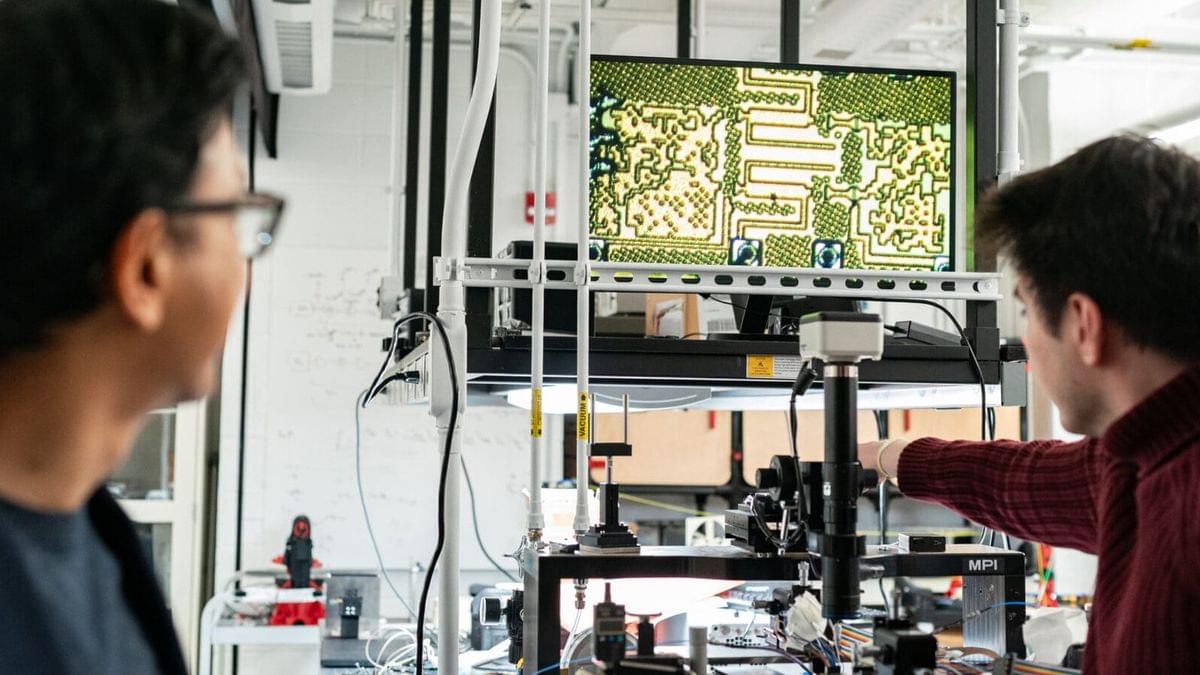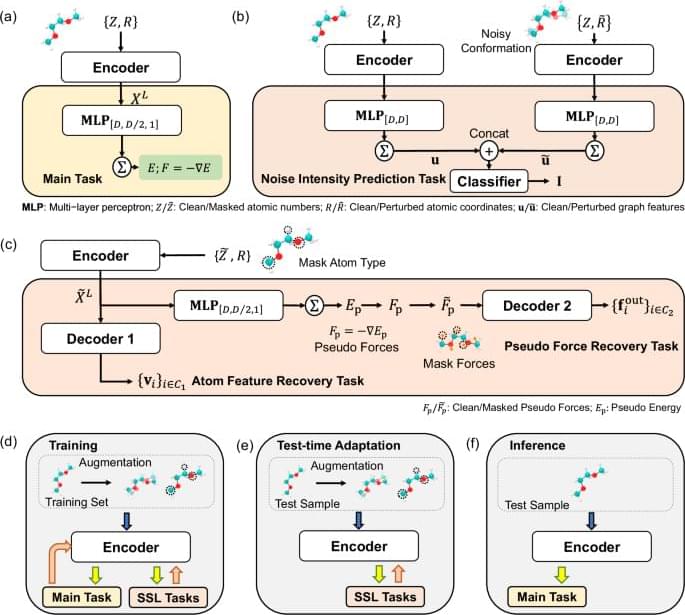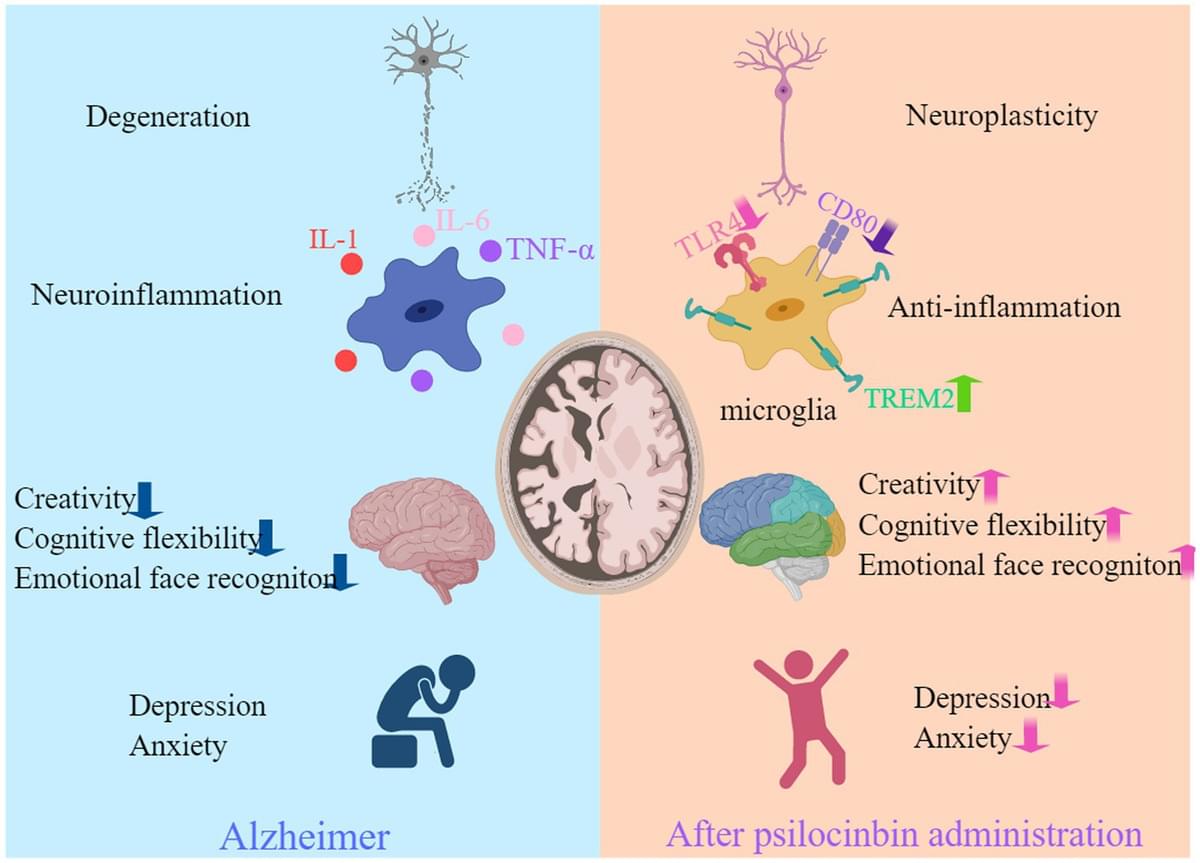Mushrooms are probably the most miraculous entities because each mushroom can aid in a different way to cure each illness in the human biology. Much like cannabis is actually a cure all for so many ailments in humans so in turn are mushrooms able to do the same.
Alzheimer’s disease (AD) stands as a formidable neurodegenerative ailment and a prominent contributor to dementia. The scarcity of available therapies for AD accentuates the exigency for innovative treatment modalities. Psilocybin, a psychoactive alkaloid intrinsic to hallucinogenic mushrooms, has garnered attention within the neuropsychiatric realm due to its established safety and efficacy in treating depression. Nonetheless, its potential as a therapeutic avenue for AD remains largely uncharted. This comprehensive review endeavors to encapsulate the pharmacological effects of psilocybin while elucidating the existing evidence concerning its potential mechanisms contributing to a positive impact on AD. Specifically, the active metabolite of psilocybin, psilocin, elicits its effects through the modulation of the 5-hydroxytryptamine 2A receptor (5-HT2A receptor). This modulation causes heightened neural plasticity, diminished inflammation, and improvements in cognitive functions such as creativity, cognitive flexibility, and emotional facial recognition. Noteworthy is psilocybin’s promising role in mitigating anxiety and depression symptoms in AD patients. Acknowledging the attendant adverse reactions, we proffer strategies aimed at tempering or mitigating its hallucinogenic effects. Moreover, we broach the ethical and legal dimensions inherent in psilocybin’s exploration for AD treatment. By traversing these avenues, We propose therapeutic potential of psilocybin in the nuanced management of Alzheimer’s disease.
Alzheimer’s disease (AD) is a progressive neurodegenerative disease that is the leading cause of dementia in the elderly population (Anonymous, 2021). It is characterized by the deposition of amyloid-beta (Aβ) plaques, tau neurofibrillary tangles, and neuroinflammation (Scheltens et al., 2021). The prevalence of dementia is expected to rise as the global population grows and ages, with projections estimating a significant increase in the number of cases (Anonymous, 2022b). In 2019, the total cost of healthcare, long-term care, and hospice services for individuals aged 65 years and older with dementia in the United States was estimated at $2.2billion, so AD imposes a substantial burden on individuals, families, society, and the economy (Anonymous, 2022a). The U.S. Food and Drug Administration (FDA) has approved seven drugs for the treatment of AD, including rivastigmine, donepezil, galantamine, memantine, memantine combined with donepezil, aducanumab and lecanemab.







